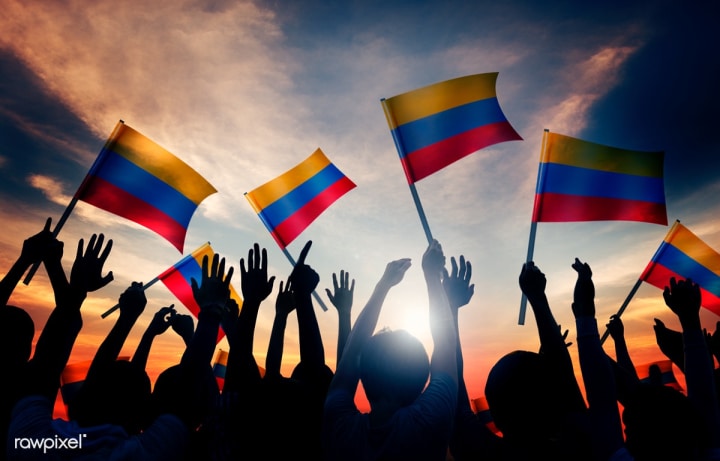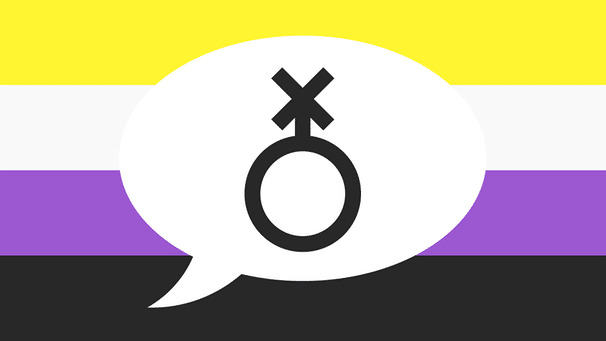Colombia now also finally recognizes non-binary people
This is not only good news for the community in Colombia, but undoubtedly a success in international terms: the highest court of Colombia has ruled that non-binary people and their gender must be officially recognized in the future.
This means that there will now be a third gender on the identity documents of Colombians. Accordingly, anyone who lives there and feels non-binary no longer has to decide between "man" or "woman" but can instead stand by themselves "on paper." This is a significant step forward that can definitely be considered a success.
Being"non-binary" is accordingly equated withbeing"male" or "female".
How did the "rethink" come about?
Such laws are of course not created "from now on". And also around the equal rights of non-binary people in Colombia there is a small "frame story". Among other things, the case of Dani Garcia is mentioned again and again in this context. Dani is non-binary, but was born with male sexual characteristics. About three years ago, Dani filled out an application and wanted to obtain a new ID card that stated "indeterminate" for gender. This is exactly what she was not allowed to do, due to the veto of the National Civil Authority in Colombia. Garcia did not give up, however, and decided to move forward. At some point, the case was finally heard by the country's Supreme Constitutional Court. This ultimately ruled in her favor. Accordingly, their case can be called a kind of example. The third gender can now be used by all non-binary or transgender people in Colombia to better express themselves and stand by themselves without having to compromise.
What is the situation like for the LGBTQI+ community in Colombia?
The fact that non-binary people are getting more rights in Colombia right now is certainly no coincidence. The country is generally considered more progressive than many other countries in terms of LGBTQI+ rights. Among other things, same-sex marriages are also permitted here.
We can only hope that other countries in South America and in other parts of the world will now take an example from the new legislation in Colombia and be "inspired".
More and more celebrities come out as non-binary
Meanwhile, there are numerous celebrities who come out as non-binary and accordingly feel neither a man nor a woman. The corresponding postings usually go viral on the major social networks and get a lot of attention accordingly.
In this context, it is particularly interesting that many fans repeatedly emphasize that they see a kind of inspiration in the various outings. The more public the topic becomes, the higher the likelihood that more people will dare to come out.
Of course, it can be assumed that nonbinary has played a role in society for much longer. But: Through the courageous outings of prominent and non-prominent persons, this kind of sexual orientation gets a face. Again and again anew. And perhaps this is precisely the reason why more and more governments are deciding to offer people who define themselves as non-binary the opportunity to be themselves.
Successes, such as those in Colombia, are encouraging and revealing. Nevertheless, the road toward equality is still long, of course. However, it is precisely decisions like these that give the community renewed courage time and again.
Have you also wondered what the Berlin CSD 2022 will be like?

